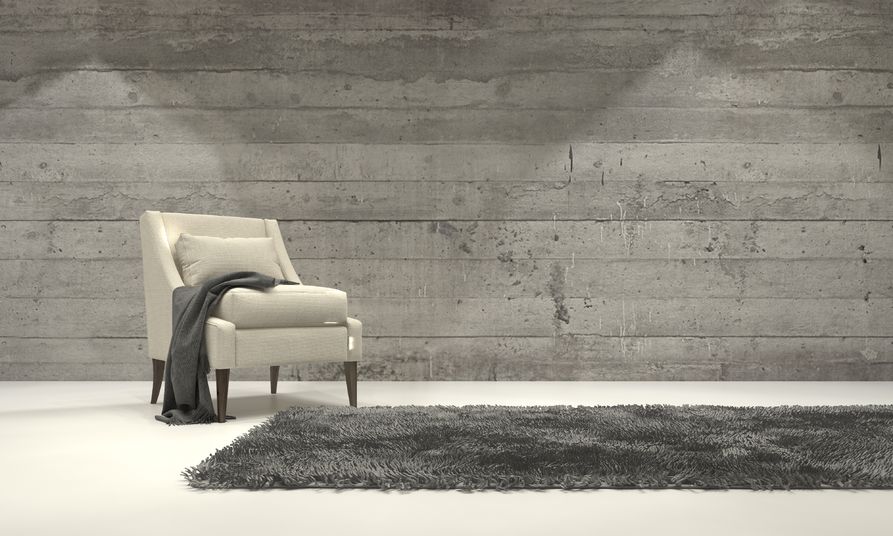
Less is more. That’s the basic creed of minimalists — those people who commit to living a simpler life as a route to happiness and freedom.
Minimalism is supposed to help us find purpose in the things we do, rather than attaching too much value to the things we possess. It usually begins as a rejection — to some degree — of consumerism, with a reduction in possessions and lowered discretionary spending. Advocates of minimalism, such as author Marie Kondo (The Life-changing Magic of Tidying Up) and bloggers Joshua Fields Millburn and Ryan Nicodemus (The Minimalists), say the practice can be liberating.
While some people regard minimalism as a way of life, it is not bound by a single interpretation. It’s up to you to decide whether embracing minimalism means downsizing your possessions so they’ll fit into a suitcase, or simply reducing the amount of money you spend on “wants.”
For Christine Nguyen, a personal-finance blogger who runs the Wallet Diet in Toronto, embracing minimalism paved the path toward paying off a $35,000 student loan. And it helped simplify her approach to managing finances overall.
“I felt as if creating a budget would be like going on a diet,” Nguyen says. “I knew it wasn’t going to work for me.”
So, instead of creating a budget, Nguyen worked backward: she added up her fixed expenses, subtracted that amount from her total income and put the leftover money toward saving, investing and paying off debt.
“I take care of all my needs first, and everything else comes after,” she says.
Here are some of the lessons Nguyen learned from applying a minimalist ethos:
> Find your comfort level
There’s no magic formula for adopting a minimalist ethos. Nguyen doesn’t consider herself a minimalist in the absolute sense. She still clings to old ticket stubs from concerts, for example, and only recently resolved to quit buying cookbooks.
“Everyone has their own definition [of minimalism],” she says. “It’s about what you’re comfortable with.”
> Embrace “spring cleaning” year-round
The concept of spring cleaning doesn’t have to be an annual exercise. Every so often, you can embark on a “purge” to sort through some of the items you have accumulated and identify the things that can be donated or sold online.
This process does not necessarily mean getting rid of everything. If the thought of giving up your collection of books or magazines is unimaginable, you can hang on to it.
> Define your goal
When trying to apply a minimalist mindset, Nguyen says, start with a goal in mind. For example, buying fewer things and reducing monthly expenses can leave more opportunity to travel without going over budget.
Photo copyright: skdesign/123RF